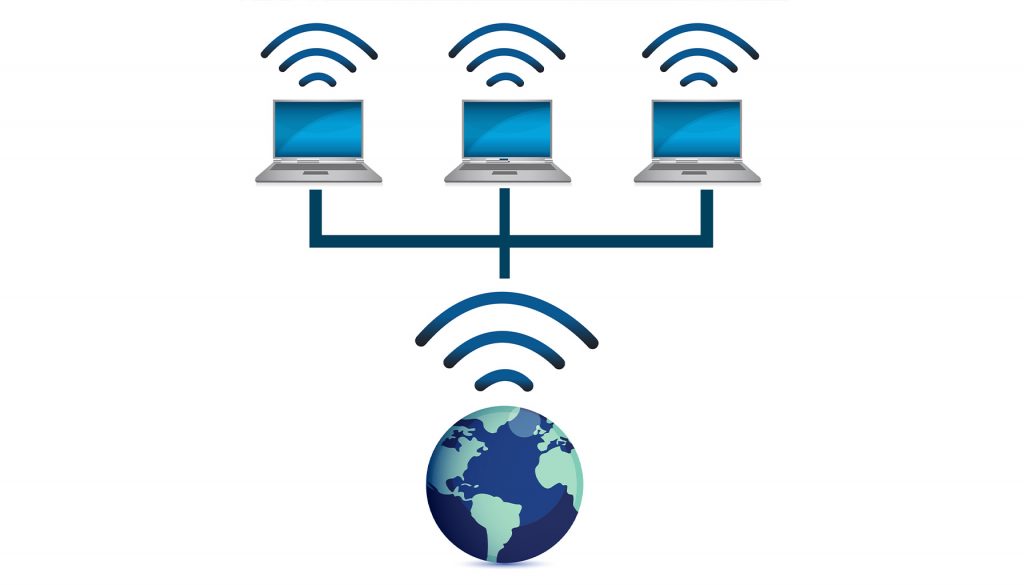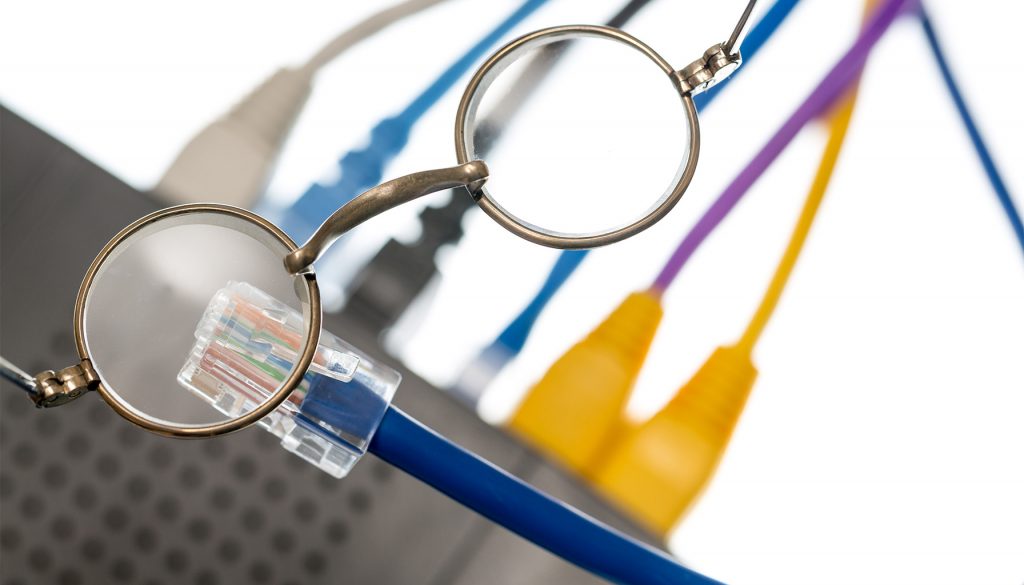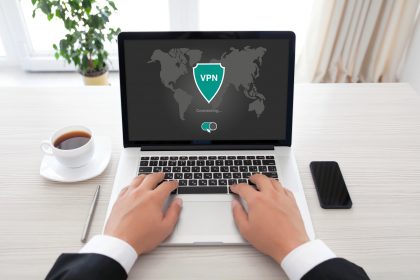There’s a growing need to take online privacy more serious. Recently, we read and heard about how popular sites like Meta (formerly Facebook), Instagram, Amazon, Google, and the likes have been criticized for collecting too much personal information, including biometric facial data, without users’ explicit “opt-in” consent.
This is to say that everything you do on the internet is not private because your internet provider can monitor and keep all records of your online activities.
This article will discuss what an ISP is, its role in data collection, and what you can do to protect your data from the prying eyes of your ISP.
What is an ISP?
ISP is the acronym for Internet Service Provider. This is the company or organization that provides individuals and businesses with the means to access the internet. For example, before you can surf the web and connect with family members and friends on social media, you need to connect to the internet. In some countries, including the US, you will need to pay a certain fee to use the internet.
The popular ISPs in the US include Verizon, AT&T, Spectrum Xfinity, etc. These companies and similar ones like them worldwide operate and maintain broadband, DNS servers, DSL cables, etc. They also provide all their users with Internet Protocol (IP) addresses to successfully connect to the internet.
The role of ISPs in data collection

From our explanation of what an ISP stands for, one thing that stands out is this: You depend on your ISP to use the internet. The implication is that they can literally monitor almost all that you do on the web, especially if you visit websites without HTTPs.
In summary, your ISP can monitor the following and even more:
- Connection time, duration of the connection, and dates
- Your login passwords
- Your physical and geo-locations on a mobile device
- Personal data on social media accounts
- Your online searches and downloaded files
- Unencrypted email conversations
Just why are you being monitored?

There are at least four main reasons your ISP is so much interested in tracking you – much to their own advantages or due to legal implications. Consider how:
1. Personal gains
Data collection is one of the ways internet providers use to generate income. When millions, even billions of users, spend time on search engines such as Google or social media platforms, the ISPs collect data based on users’ activities and then sell it to companies that need them to create target ads. Every internet user is seen as a potential customer to other businesses. They target you based on your browsing habits, such as the things you like and that interest you, and based on your google searches.
2. Bandwidth throttling
Bandwidth throttling is a sneaky way internet providers use to slow down internet speeds for certain reasons. Most of the time, they do this to control internet traffic over their network, reduce bandwidth bottlenecks, and impose data limits. By controlling your internet speed occasionally, they can prioritize making profits.
For example, your ISP can throttle some websites like Netflix or Amazon prime to discourage you from using them. As a consumer, you may consider alternative streaming websites likely affiliated with the ISP or the companies that pay them the highest money.
3. Peer -to-Peer (P2P) monitoring
Because of copyright law, P2P file sharing is illegal in some countries. One way to find out if someone has breached this law is to be monitored by ISPs. Suppose an infringement to copyright is detected via P2P connections like torrents, the ISP can be obligated to inform copyright agencies who then punish offenders with heavy fines or legal actions.
4. To retain personal data
In many instances, the government and law enforcement agencies in many countries could mandate the ISPs to monitor and retain users’ online activity for some time. They can use this information to the government’s advantage to track and fight terrorism and criminal activities. That being said, ISPs as a tool for the government can be used to monitor every person’s activity just for no good reason.
How to protect yourself from being tracked by your ISP
Thankfully, you can take steps to stay anonymous and can block your ISP from seeing your online activity. You may use onion routing, also known as Tor, to anonymize your traffic, making it difficult for your ISP to track.
Optionally, browsing in private mode using Chrome or Firefox’s incognito mode or other private browsers can reduce the amount of data stored on your ISP’s server. However, this practice is not the most effective way to maintain online privacy.
Using a VPN is the best option for online privacy
The best and easiest way to protect your personal data and prevent your ISP from monitoring your online activity is by using a VPN.
A VPN uses encryption protocols to scramble and route your activity through a private network. The VPN changes the real IP address assigned to you by your internet server during this process, hiding all your activities from it. Although your ISP can see that you’re connected to a VPN, it cannot see what you’re doing.
However, does it mean you’re hiding your data from ISP but giving it out to your VPN provider? Your answer may be Yes if you’re opting for the free version. Even at that, most VPN’s free offer is for them to make money by selling your data to advertisers.
When you pay for VPNIFY’s premium service, you get complete protection and can browse the internet with confidence. With VPNIFY, you can avoid ISP tracking and enhance your privacy with their strict no-logs policy.











